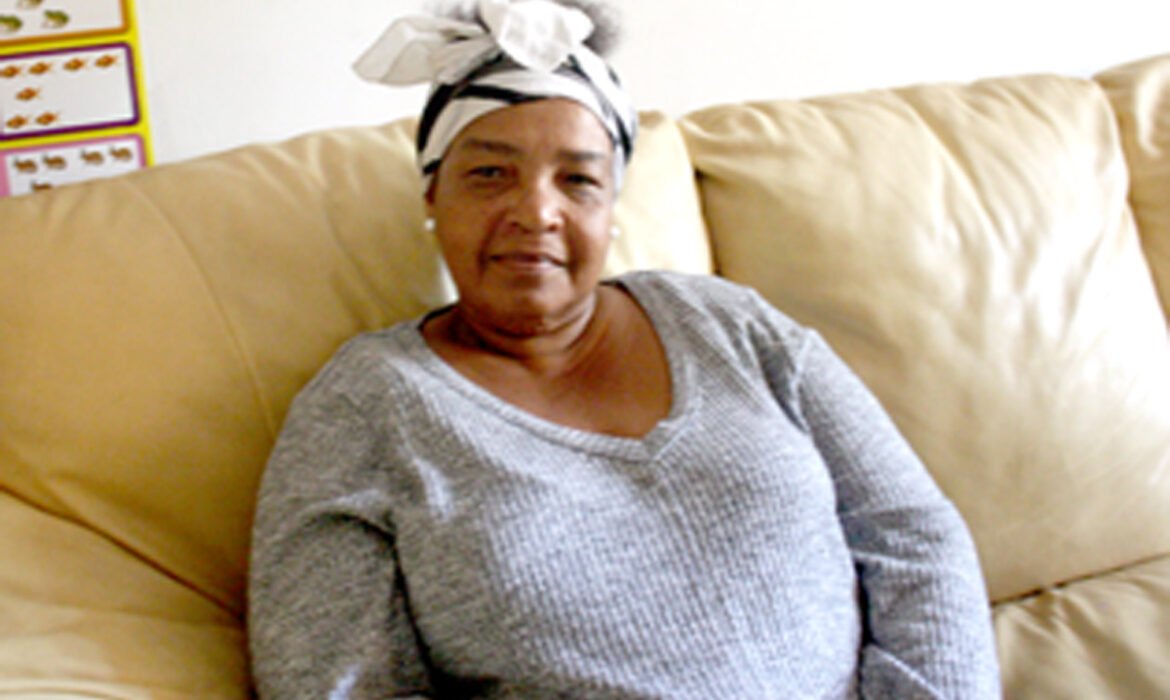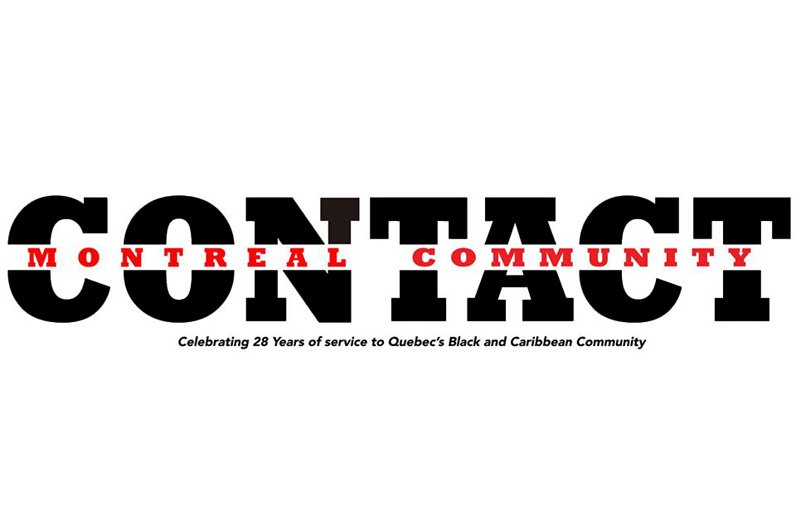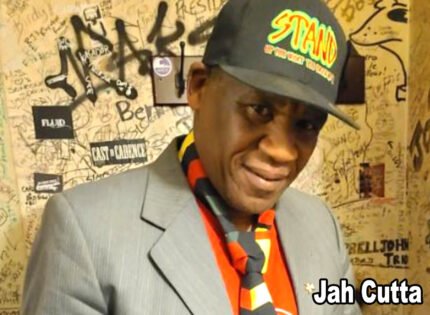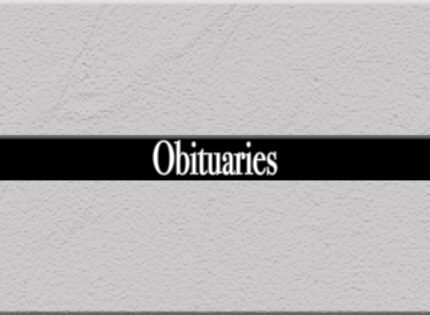Egbert Gaye

This past July 30, Mrs. Erma Gibbs, celebrated her 65th birthday. It was one of the worst days of her life.
“On my birthdays my son is usually at my side… now he’s gone, I miss him so much, ” says the tearful NDG resident, remembering her son Nicholas Gibbs, who was shot by police on August 21, last year.
She says she spent what should have been a joyful day in her apartment, caught up in the grief of a loss that seems unbearable to her.
“I’m still in shock, because we were so close. He was such a loving child.”
Mrs. Gibbs says since the incident she’s unable look out of her windows.
“I can see the spot where he was killed from my apartment, it’s right outside,” she laments.
And so, she has been trying hard to find an apartment and move away from the scene of her greatest distress. But finding an affordable apartment has not been easy.
Nicholas was 23 years old the night he was shot to death.
Media reports of the incident included a statement from Quebec’s Bureau of Independent Investigations (BEI), the province’s watchdog group that investigates reports of police abuse or police shootings.
In it’s initial report the BEI stated that police were called to the corner of Montclair Avenue and de Maisonneuve Boulevard where two men were fighting.
During that intervention, one of the two men, who turned out to be Gibbs, was shot as he approached an officer with a knife. The report also stated that police officers used a stun gun on Gibbs without success.
However, in a one minute cell-phone video of the incident, which is still on-line, it’s difficult to see whether Gibbs had a knife in his hands and showed no indication that the police used a stun-gun or try to de-escalate the situation.
The family is suing the city and Montreal police department for just over a million dollars for “excessive and disproportionate force” and other irregularities.
Mrs. Gibbs doesn’t want to talk about what happened that night because of the lawsuit but says that she is convinced that the police need “a different mindset” when dealing with mental illness.
“All I can say is that my son did not have to die that night,” she said. “With proper training, the police would have handled the situation differently and Nicholas would be still alive.”
Mrs. Gibbs says Nicholas was diagnosed with a mental disorder when he was about 18 years and was being treated for it.
But she says he shouldn’t be defined by his illness because he was a very caring person and as a former Black Watch cadet dreamed of serving in the Canadian military one day.
“He was full of love.”
And that’s what she tells Nicholas’ three children, ages 5 years, 3 years and 18 months.
“I don’t know what else to say to them, except that he is in heaven.”
Mrs. Gibbs, who moved here from her native Barbados in 1978 to join her husband, has been living in the NDG area for most of her time in Montreal.
She says she is disappointed by the lack of support and outreach from our community in her time of anguish.
“Me and my family would have liked to hear from the Barbadian community and the Black community in general. The only group that reached out to us was Heads and Hands and they have been there for us ever since.”
Nicholas, was her youngest child, and she has three daughters.
These days, her moments are brightened when she’s with Nicholas’ children, whom she helps to look after.
Well-wishers who would like to help the family as they transition can donate on:
https://ca.gofundme.com/justice-pourfor-nicholas-gibbs
















